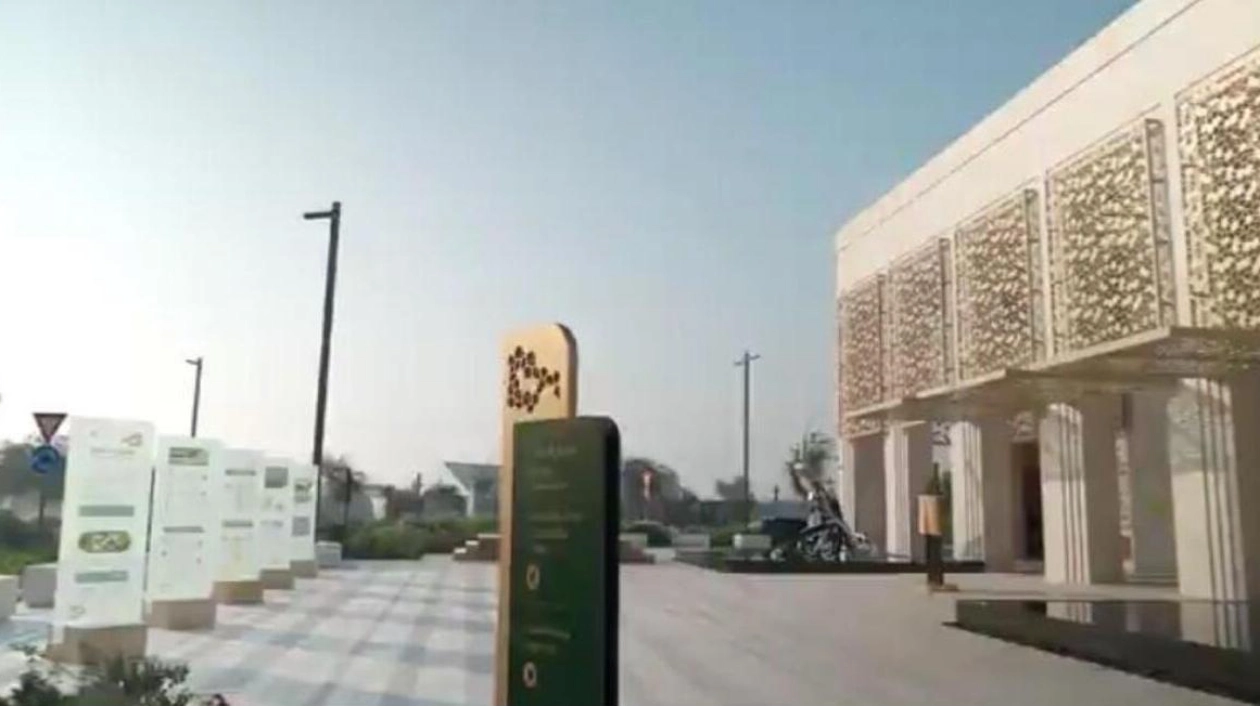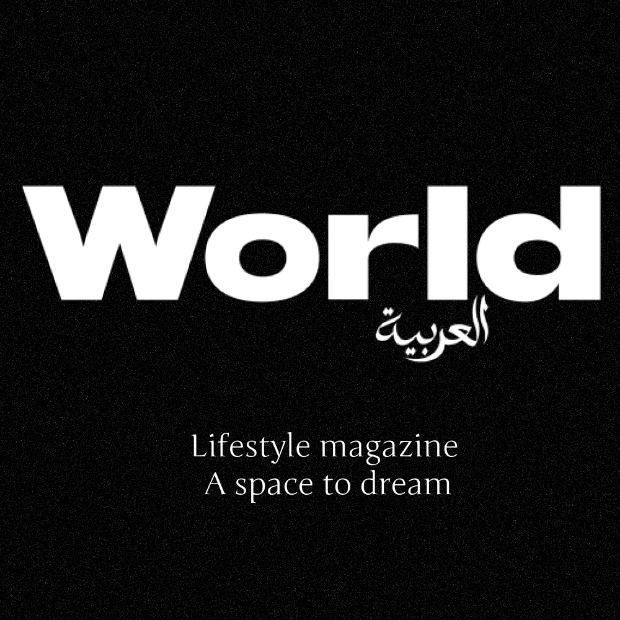The Middle East's inaugural net-positive mosque was inaugurated in Dubai on Friday. The mosque, launched in Tilal Al Ghaf by property developer Majid Al Futtaim in collaboration with Dubai’s Islamic Affairs and Charitable Activities Department, is named after the company’s late founder, Majid Al Futtaim. This mosque embodies sustainable and modern design practices, aiming to advance the UAE’s Green Agenda 2030.
Key features of the mosque include 203 solar photovoltaic panels, which generate over 204,121 kWh of power annually, surpassing the mosque’s energy demand by more than 115 percent. The surplus green energy is fed back into the grid, benefiting the entire community. Additional energy-efficient systems in the Majid Al Futtaim mosque comprise a solar-powered hot water system, LED lighting, an efficient HVAC setup, electric vehicle charging stations, and a Building Management System (BMS) to optimize energy consumption.
Ahmed Darwish Al Muhairi, General Manager of the Islamic Affairs & Charitable Activities Department, highlighted the significance of the first net-zero emissions mosque in the Middle East, stating it reflects their profound commitment to sustainability principles. “This project exemplifies a successful collaboration between the public and private sectors, setting a new benchmark for responsible innovation in construction and maintenance,” Al Muhairi noted. “It also aligns with the Islamic values that promote environmental preservation and protection.”
Ahmed Galal Ismail, CEO of Majid Al Futtaim Holding, emphasized that the mosque is thoughtfully designed as a community cornerstone, integrating sustainable design principles with Islamic values. Water efficiency, air quality, and non-toxic materials have been prioritized to create a healthy environment, with low-carbon, responsibly sourced materials used to minimize its carbon footprint. As a result of these sustainable features, the Majid Al Futtaim Mosque is expected to achieve BREEAM certification, recognizing its performance against established benchmarks in design, construction, and use.
Source link: https://www.khaleejtimes.com






